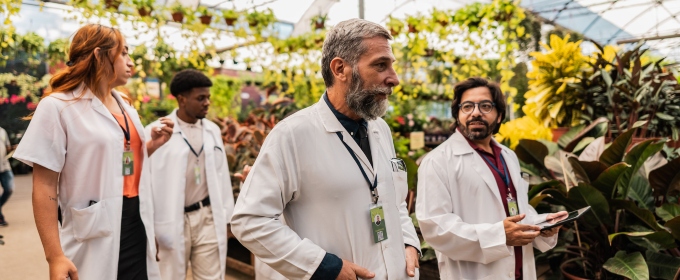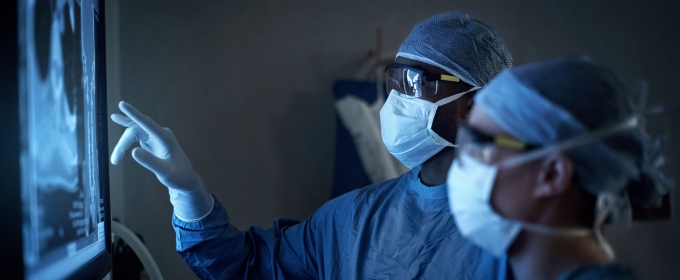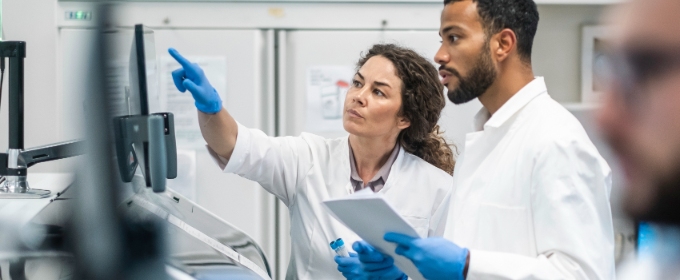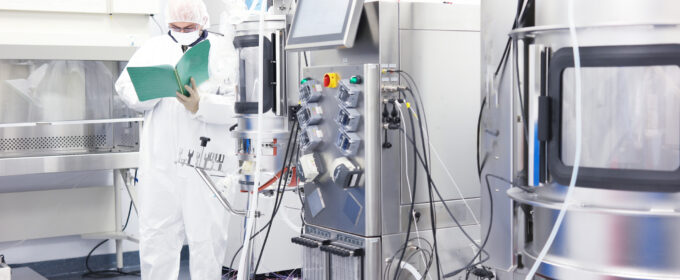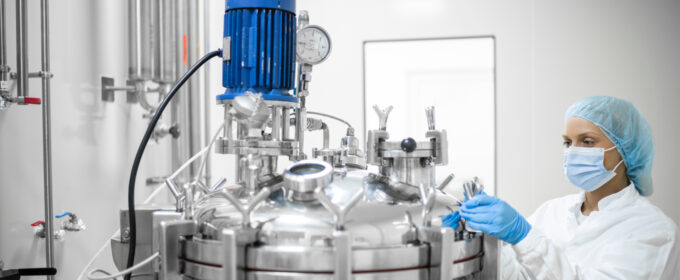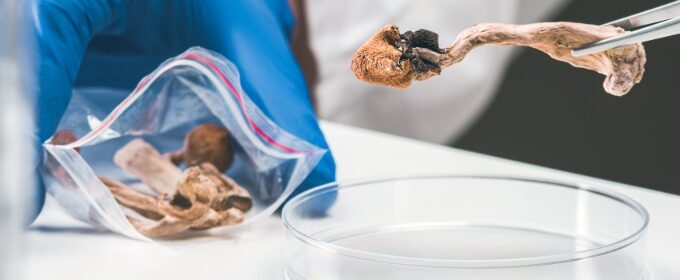With climate change affecting our rising demand for sufficient food, affordable medicines, equitable healthcare, sustainable fuels and safe but effective agrochemicals; there is an increasing need to find new ways to produce these goods at scale. In this article, Professor Patrick Cai explores how synthetic genomics can address these global challenges and provides recommendations about how […]
